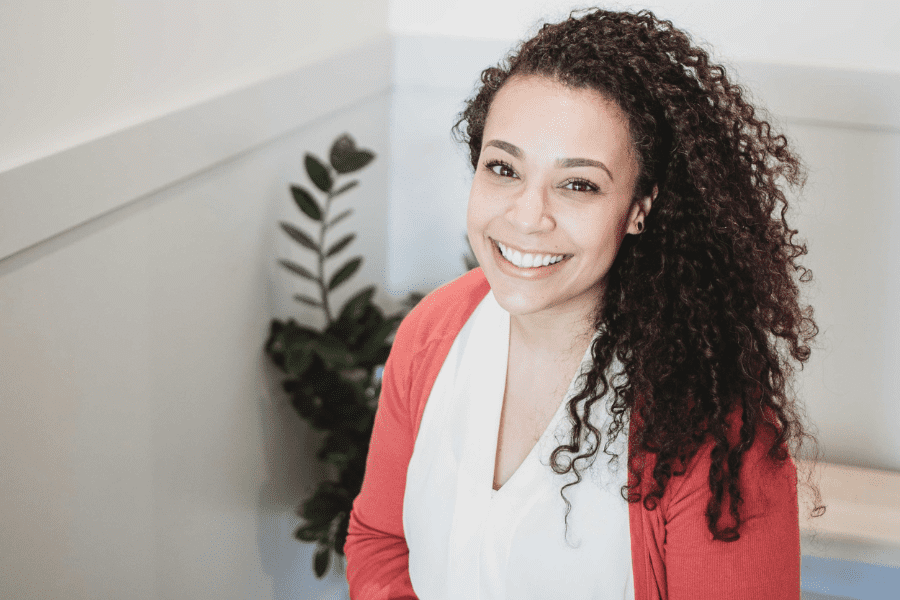
At Repowered, we value our team members and the unique ways each of them contributes to the important work we do. Occasionally, we like to highlight a team member so you can get to know a little more about them and their role here.
We recently sat down with Director of Advancement, Emily Mauter, to talk about what she does here at Repowered, what brought her here, and what she’s most passionate about. She also shared a little more about our Work Readiness Program and how it helps remove barriers to employment and prepare people for a new career.
Here’s what Emily had to say.
What is your role at Repowered?
 My role at Repowered is Director of Advancement. So that means I’m responsible for all of our fundraising, maintaining those relationships (which right now are primarily with foundations, plus a few corporate sponsors and some individuals), and looking to grow our network of supporters in every possible way.
My role at Repowered is Director of Advancement. So that means I’m responsible for all of our fundraising, maintaining those relationships (which right now are primarily with foundations, plus a few corporate sponsors and some individuals), and looking to grow our network of supporters in every possible way.
I’ve been in this role for a little over a year, beginning in May of 2021.
My first year has been really exciting—it was an exciting time to join Repowered. We’ve been able to get far by being primarily self-funded, which is really unique among nonprofits. Now, we’re making fundraising a bigger part of our mix. Getting to come in and build that from scratch was really cool.
For me personally, it was really gratifying, but it was also gratifying to show those who are not as familiar with fundraising how it can do a lot of good in supporting the work we’re doing, engage more people, and let more people know all the good stuff we do.
It’s been a fun year, and there’s lots more to do!
What was your background before you came to Repowered?
I have always been in the nonprofit world. I started with a really large organization and have successively worked my way to smaller organizations, taking on more responsibility.
I started out with the American Heart Association. There I did a lot of school-based fundraising and some campaign analysis. Then I moved to the Twin Cities and worked for a nonprofit called Open Arms of Minnesota doing events and a little bit of everything.
I’m more of a generalist—some people like to focus on one thing, I like to do a little bit of everything.
Then I spent a little time at Hospitality Minnesota during COVID, which was a fascinating time to be working for a hospitality association! What I found interesting during that time was that I missed fundraising (I didn’t really have any fundraising responsibility there), and I might have been the only person who missed it! I thought, “this is how I know how to help—to fundraise”. So I was ready to look for my next thing…then along came Repowered.
Looking back, I can definitely see how all of my career milestones have led to where I am now.
What drew you to Repowered?
I felt like I was ready to be in a director role. I had been a player in a lot of ways in my different roles, and I was ready to take that next step.
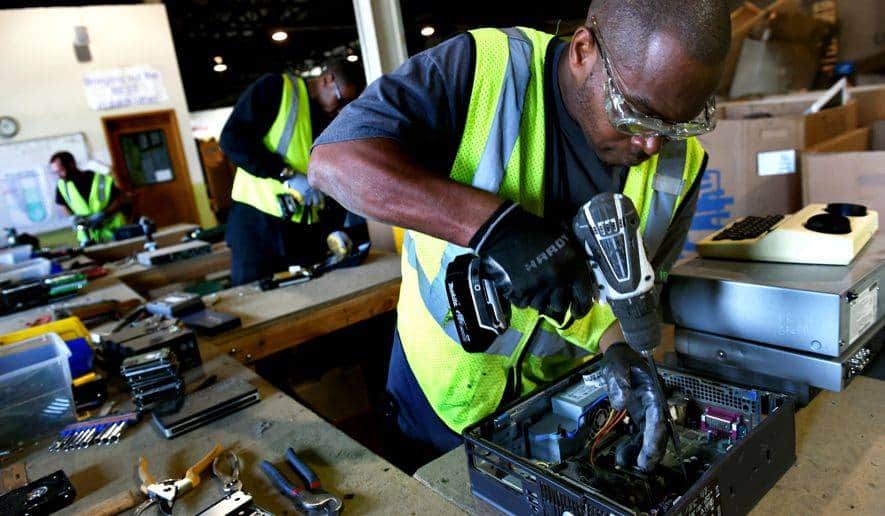 I had heard of Tech Dump, and then two different people I know who had worked with them in different ways told me to apply. So I looked into it more. At the time I was only aware of the recycling part of the business, I didn’t know about the work readiness program. I thought it was very cool that they did both of those things, and was excited to be able to have multiple ways to make an impact.
I had heard of Tech Dump, and then two different people I know who had worked with them in different ways told me to apply. So I looked into it more. At the time I was only aware of the recycling part of the business, I didn’t know about the work readiness program. I thought it was very cool that they did both of those things, and was excited to be able to have multiple ways to make an impact.
We’re caring for the environment, but we’re also helping people at the same time…which is ultimately what I’m most passionate about. It just felt like the right fit—in terms of size, the organizational culture, the team…it just seemed like the right place for me.
Learn more about Repowered’s Social Impact here!
Tell us more about what you do in your role and what fundraising for Repowered looks like
Right now, as a team of one, it’s a lot of grants (they offer the biggest ROI for a small team).
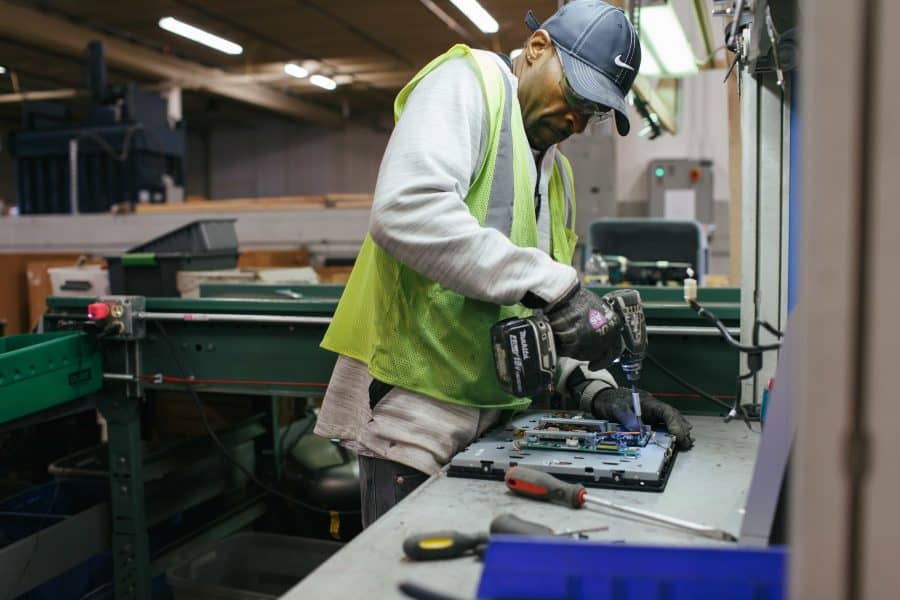 But I’m in the process of hiring an Annual Giving and Development Operations Manager now. That will allow us to take our base of people who recycle with us and encourage them to support us by donating. So many people have recycled with us and they already have a relationship with us, so we can work to strengthen that relationship.
But I’m in the process of hiring an Annual Giving and Development Operations Manager now. That will allow us to take our base of people who recycle with us and encourage them to support us by donating. So many people have recycled with us and they already have a relationship with us, so we can work to strengthen that relationship.
Fundraising events will come sooner or later. We’re just starting to get things together for an event we’re hoping to do in February. The exciting thing about events is that it’s a good way for corporations that don’t have a foundation to plug in with us—they can sponsor an event, buy a table, things like that.
The event we’re doing in February I’m really excited about! It’s all very loose right now, but we’re bringing in Father Greg Boyle from Homeboy Industries in Los Angeles to speak at this event and to our crew at the warehouse.
Homeboy is a guiding star for people who work with folks with a history of incarceration and other barriers to employment. They do such phenomenal work. I was able to go to their conference the first week of August to experience a little bit of how they do the things they do and to hear from Father Greg, and I thought, “this is amazing!”
Homeboy has been doing this work longer than us, so it’s cool to look at them and see where we could be 25 years from now. It’s really inspiring.
So I’m really excited about this event. Now I just have to figure out what exactly is going to happen at this program other than to hear Father Greg share his wisdom with us, but it’ll be a great opportunity.
Tell us more about Repowered’s Work Readiness Program—are you involved in that as well?
A little bit. What I fundraise for, for the most part, is the program. So I’m involved in the ways a fundraiser needs to be involved to be able to tell our story. We are working on a program redesign right now, so I’ve been listening in on those calls and offering my thoughts where I can.
But generally speaking, in addition to our electronics recycling and refurbishing work, we work with folks who have a history of incarceration and other barriers to employment. People get referred to us usually from other service providers so we work with folks like Ujamaa Place, Twin Cities Rise, and several others who refer folks to us who are looking for employment after they leave incarceration.
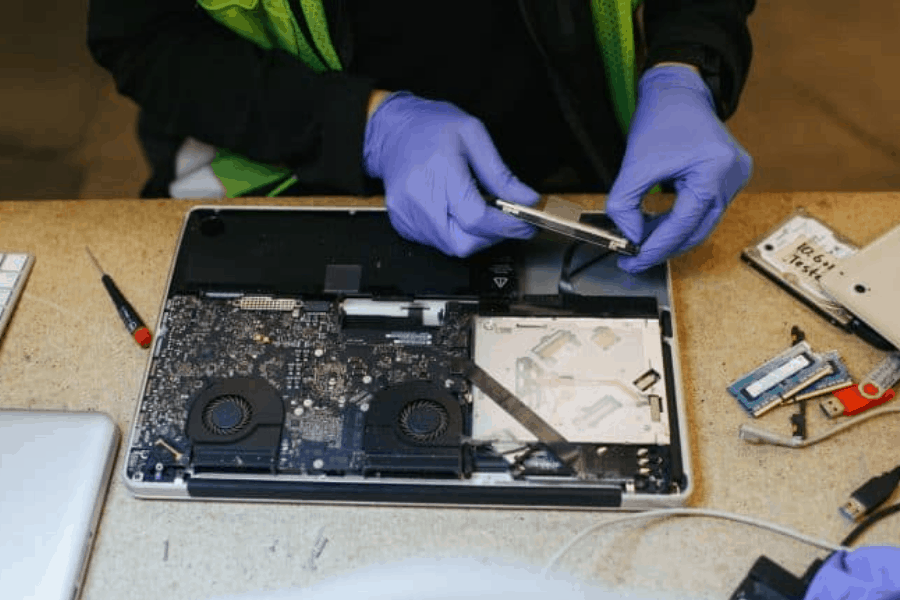
Our program is made up of two phases, and lasts a total of up to 18 months.
The first phase is 90 days (equivalent to about 500 hours of employment). A lot of that first 90 days involves what we call “rebuilding the work muscle”. These folks haven’t worked a 9-5 in a while—there’s absolutely a structure and things you need to do while you’re incarcerated, but it’s not the same as a 9-5 job. So there’s a lot of reacclimating to the 9-5 experience: making sure you’re on time, making sure you get some base level certifications (like digital literacy, for instance), and so on. We also get folks paired up with our coaches.
The second phase takes up to 15 months. Participants have a choice after they finish the first 90 days to pursue outside employment or stay on board with us. For folks who choose to stay with us, the next 15 months they continue with us, with the support that we provide and the environment we provide.
Usually when it gets to about the 1-year mark (sometimes a little bit longer), we’ll start working with folks to decide if they’re going to stay on permanently with us or look for employment externally. If they decide to look externally, we work with them to help them find employment: we’ll do résumé preparation, interview coaching, etc…to make sure there aren’t any lapses in employment.
Ultimately, our program has three goals:
- Increasing earning power
- Removing barriers to employment, such as transportation, housing, and childcare.
- Growing self-efficacy, which is, ultimately, hope: the belief that you have some control over your circumstances.
Our hope is that our crew, as they work through our program, start to feel like “yes, I can have some say over the things that happen to me,” rather than feeling like a cog in the wheel, where you just have to go wherever the system takes you.
How many people have gone through the Work Readiness Program so far this year?
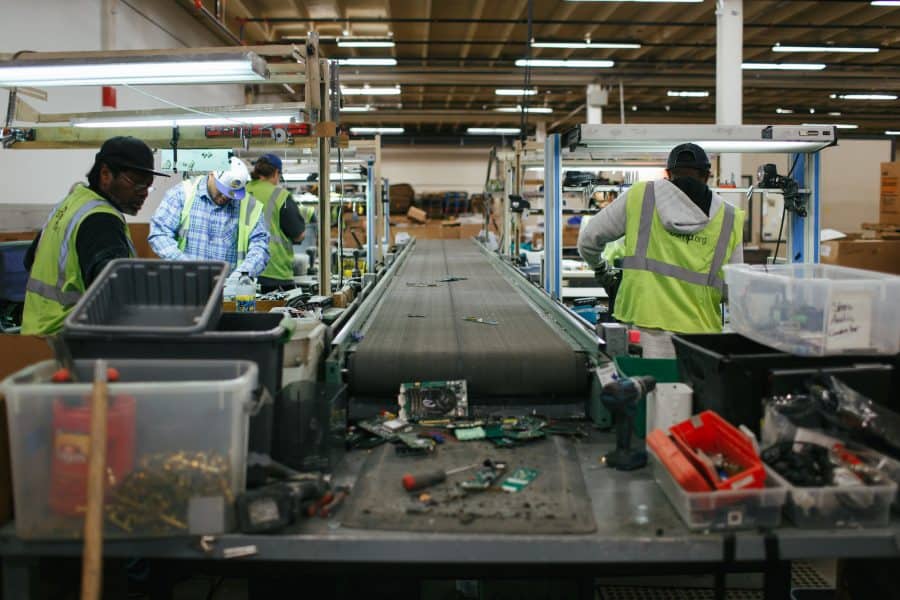 In the first half of this year (from Jan 1-Jul 30, 2022), we had:
In the first half of this year (from Jan 1-Jul 30, 2022), we had:
- New Work Readiness hires: 55
- Phase I Graduates: 27
- Phase II Graduates: 2 (We anticipate 18 more by year-end)
- Digital Literacy Certifications earned: 273 (by 60 people)
- Digital Literacy Grads*: 28
- Digital Literacy Mentors**: 3
*Digital Literacy Grad = Completed six basic requirements of the digital literacy program (currently: basic computer skills, email basics, internet basics, Word, Windows, and one more of their choosing)
**Digital Literacy Mentors = Work Readiness Program mentors who have completed Digital Literacy graduation and who provide one-on-one assistance to their peers.
What do you love most about the work you’re doing?
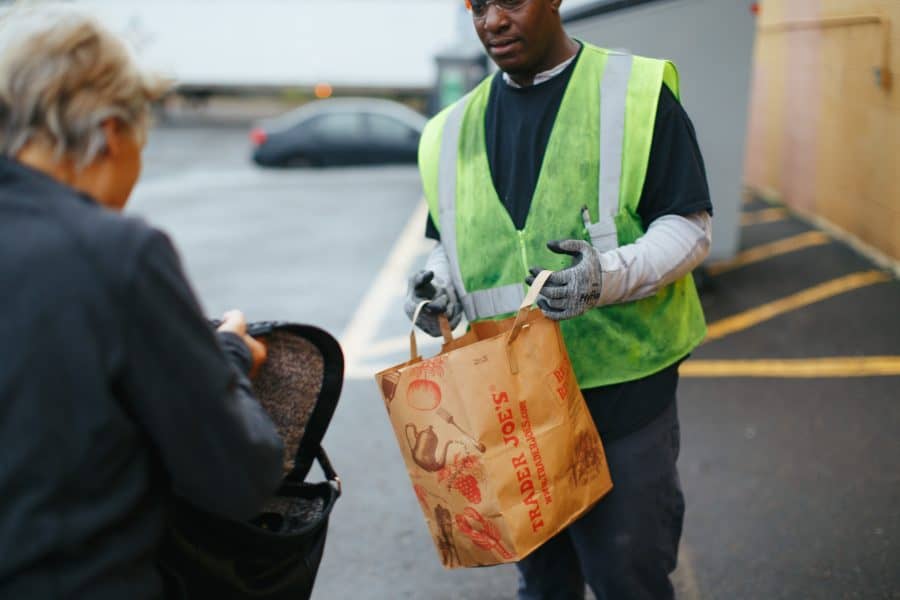 I love a lot of things about this work. But the biggest thing I love is getting to know the folks on our crew.
I love a lot of things about this work. But the biggest thing I love is getting to know the folks on our crew.
I think a lot of the time, when it’s a nameless, faceless body of formerly incarcerated people, it’s so easy for any of us to think “this is why it’s hard for people to exist and survive once they get out, because there are so many rules that are set up to make it harder and harder for folks to reenter.” So getting to know the people that are in these circumstances and truly understanding the way that our system works against folks is huge.
Maybe you made a mistake, and it was the worst mistake you’ve ever made in your life. You don’t want to be defined by that forever, but it’s really hard to kind of get out from under that without a ton of support. It could be something that happened years ago—like when you were 18 and really dumb—and now you’re much older and it’s still following you.
It’s hard to get back on your feet once you get out of incarceration. It’s expensive, and there are so many rules that I hope people had good intentions when they created and maybe weren’t aware of the fallout (it’s entirely possible they didn’t have good intentions but we’re going to hope for the best). But there’s so much that people are kind of swimming upstream and it doesn’t need to be that hard.
So getting to know the people of Repowered is one of the best parts of my job: getting to know these actual people who aren’t just random statistics you read about in the newspaper.
And from a fundraiser’s perspective, one of the best parts of my job has been proving that it works! There’s a big world out there looking for a way to help, and this is an easy way for a lot of folks to plug in and help. Seeing the traction we’re getting and seeing all of these opportunities that we’ve got going forward to continue to tap into this community’s desire to help is really cool.
When you think about Repowered’s future, what are you most excited about?
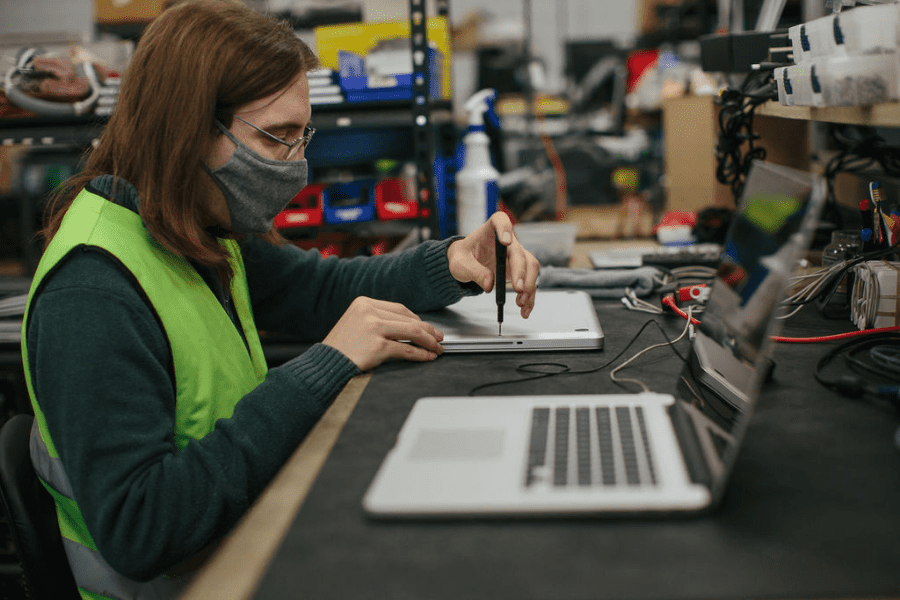 We spent our first 11 years as an organization putting a lot of resources into our bona fides as a recycler. Which is great—it’s crucial because of course you want your electronics recycler to take what they do seriously.
We spent our first 11 years as an organization putting a lot of resources into our bona fides as a recycler. Which is great—it’s crucial because of course you want your electronics recycler to take what they do seriously.
But now I’m really looking forward to taking all of that organizational effort and putting it into building up our Work Readiness Program in the same way. And again, looking at Homeboy as a reference point, so much is possible, and it’s really exciting to know that we’re looking to put that kind of oomph into our program and the work that we do for our crew.
If businesses want to support Repowered with donations or sponsor upcoming events, what’s the best way for them to connect?
The best way to learn what opportunities we have would be to shoot me an email or give me a call. What’s exciting is that everything we’re doing is new, so there are lots of custom opportunities and some cool ways we can partner with folks that make sense for their branding and ours.
If your business would like to support the mission of Repowered, contact Emily Mauter at (651) 529-1140 or [email protected].
Recent News & Articles

How Fair Chance Hiring Benefits Your Business
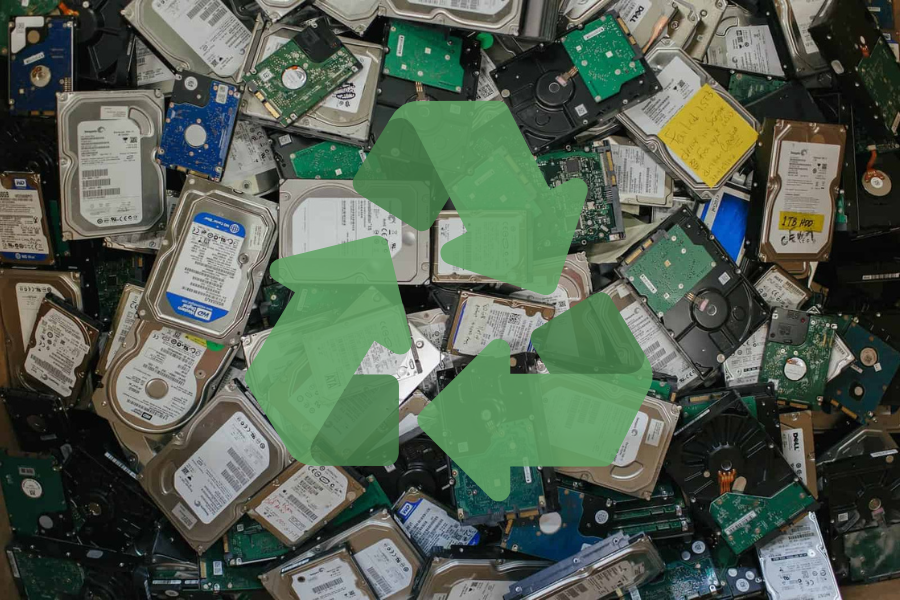
Earth Day at Repowered: 4 Ways We’re Making a Difference for the Planet

